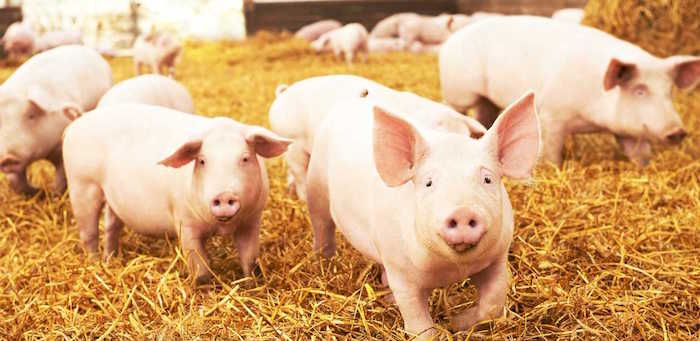A new working group set up to raise awareness about Livestock Associated-MRSA (LA-MRSA) has met for the first time.
While prevalence of LA-MRSA is believed to be low in the UK pig herd, there is a need for greater awareness of the problem within the industry, the group concluded at its first meeting, according to NPA senior policy advisor Georgina Crayford.
The idea for the working group – including representatives from APHA, Public Health England, VMD, PVS and industry – came out of a roundtable event organised by the NPA in April on behalf of the Pig Health and Welfare Council (PHWC). It involved pig producers, vets, pig breeding companies, academics, government and retailers with the aim of developing an industry action plan for tackling LA-MRSA to protect public and animal health.
During breakout sessions participants were asked to recommend appropriate actions on the following:
- Measures to protect the reputation of the pig industry
- Measures to protect public health
- Measures to protect farmer and vet health
- Measures to limit further incursion and spread of LA-MRSA in the UK pig herd.
A long list of recommendations was generated and it was decided that a dedicated working group would be set up within the PHWC to prioritise and progress the measures.
“At the first meeting, there was resounding agreement at both the roundtable and working group meetings that the pig industry needs be transparent about what it’s doing to tackle LA-MRSA, supported by effective comms. We know there is interest in the media and amongst the general public about LA-MRSA, so we need to be proactive,’ Dr Crayford said.
“The risk of members of the general public becoming colonised or infected by LA-MRSA is currently low in the UK. However, people that have regular close contact with livestock such as farmers, vets and abattoir workers are at greater risk of being carriers of LA-MRSA.
“These people are encouraged to take precautions such as regular hand-washing and covering open cuts and wounds. The Government has published guidance for farm and abattoir workers on how to reduce their risk of LA-MRSA infection.”
The working group agreed that greater awareness of LA-MRSA was needed amongst those in the pig industry, including measures of how best to protect themselves and their families
Dr Crayford added: “Although prevalence of LA-MRSA in the UK pig herd is believed to be low (certainly lower than that of some European countries), there is a need to better understand the current prevalence and for the industry to work to try to limit the rapid increase in prevalence, as experienced in Denmark. LA-MRSA was first detected in Danish pigs in 2005. Prevalence increased from 3.5% to 88% of herds between 2008 and 2016!”
The LA-MRSA working group will be putting together a comms package, for both industry and the general public, over the next couple of months, while NPA will discuss LA-MRSA at its autumn regional events to raise awareness.
The working group will be meeting again in December to assess progress.




